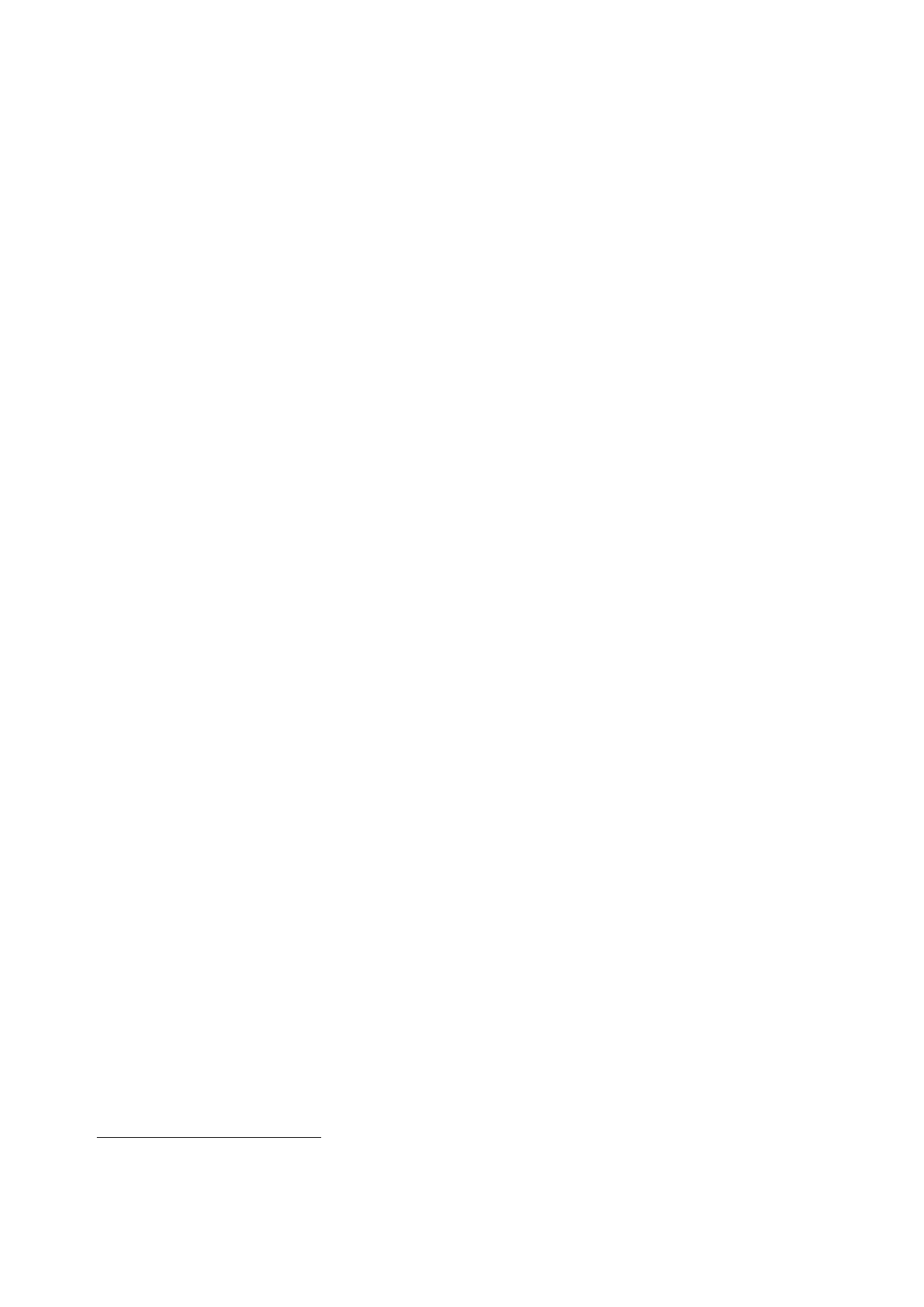
The Report
of the Iraq Inquiry
252.
The House
of Commons held two debates on Iraq on 4 June.
253.
During the
second debate, the House of Commons rejected an
Opposition
motion
calling for an independent inquiry into the use of
intelligence.
254.
Iraq was
also raised during PMQs and in response to Mr Blair’s
statement
about the
G8 summit in Evian, France, from 1 to 3 June.
255.
During the
exchanges on Iraq on 4 June, MPs raised
repeatedly:
•
the failure
to find WMD in Iraq;
•
statements
made by the Government before the conflict about the
intelligence
on Iraq’s capabilities and intent; and
•
the need
for an independent, judge-led, inquiry.
256.
Mr Blair
told the House of Commons that:
•
It was
“accepted” by the international community and the Security
Council
that Saddam
Hussein had possessed WMD and had been “a threat to
the
world”.
•
He welcomed
the ISC inquiry into the role of intelligence in Iraq.
•
There had
been no attempt at any time to override “the
intelligence
judgements”
of the JIC.
•
The ISG had
“just gone into Iraq” and “should be allowed to get on
with
its job”.
•
He had “no
doubt” that the ISG would find “the clearest evidence”
of
Saddam
Hussein’s WMD.
•
The
alternative thesis, that Saddam Hussein had decided to get rid of
the
WMD, was
difficult to accept.
257.
In the first
House of Commons debate on Iraq on 4 June, Ms Joan
Ruddock
(Labour)
and Dr Jenny Tonge (Liberal Democrat) called for the urgent return
of UN
inspectors.
Dr Tonge expressed concern about the danger of WMD, if it existed,
being
258.
During PMQs
Mr Blair was asked a series of questions about
Iraq.145
144
House of
Commons, Official
Report,
4 June 2003, columns 76WH and 84WH.
145
House of
Commons, Official
Report,
4 June 2003, columns 146-156.
474
